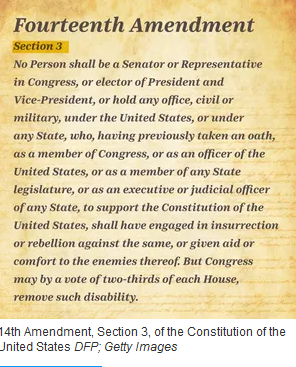Westchester is in danger of losing its local history. The County is blessed with many historic sites and organizations, some of which are thriving and others which are not. But history is more than a collection of buildings or monuments. For history to live it must be part of the active memory of the people otherwise we exist outside of time and space with no roots to nurture us, no past to build on, and no sense of belonging.
Just recently several events have highlighted this problem in Westchester. We have read about:
- the struggle of the Eastchester Historical Society to survive
- the hope by the Westchester County Parks Department to upgrade Croton Point as a mini-historic district
- a lost past in Scarsdale of a free black community
- the efforts to recover the history of the Underground Railroad in Peekskill.
There is an abandoned cemetery on Stratton Road in New Rochelle now part of the St. Nersess Armenian Seminary and the ball field of Iona Prep. The land has been owned by Huguenots, Quakers, Lutherans, Catholics, and Armenians among others. When it was owned by the Quakers, the family permitted blacks from New Rochelle, Eastchester, and Scarsdale to be buried there. Recently thanks to the good graces of the Dean at the Seminary, I had the opportunity to walk the grounds before the poison ivy and summer bushes return and was able to see approximately 10 gravestones, some with writing on them … along with dozens of foul balls which Iona players have hit over the decades and which have become archaeological artifacts in their own right. This is a part of our past which we need to remember.
Sites such as the ones mentioned help define Westchester. As we lose our past we become people having coffee at Starbucks, shopping at Wal-Marts, and eating dinner at McDonalds without having the faintest idea where we are. Individual people and events created this County and to forget those people and those events is to lose our identity. Fourth grade is intended to be one step in meeting this challenge by teaching local history. This presupposes that teachers, who may themselves be new to the area as are many students, are familiar with local history and that the topic is not ignored given the emphasis on reading.
Reading what? When I am teaching an enrichment class and a student tells me that he or she wishes to become an archaeologist, the chances of that happening are small; but when a student declares an intention now to go to the library and read a book or go on the internet because of something I said, that is much more likely to occur. An engaged mind, an interested mind is far more likely to read than one that is being force to read. Learning local history, the history of your school, the history of your community, the history of your town is part of the way children who will become adult human beings in a democratic society become connected in time and space to their village, their county, their state, and their country.
To address the issue of losing local history I propose the following actions be taken:
- As part of New York States History month in October that Westchester County have an annual Westchester County History Day.
- The schools in the County inventory what they teach as local history so the gaps can be identified and remedied.
- Teachers be required to learn local history when appropriate to their teaching responsibilities.
- Local historic sites work with the teachers to develop day programs in the different communities of the County as part of the teacher professional development.
- That curriculum be developed for themes Westchester communities have in common without necessarily realizing it. For example, railroads were a major innovation in American history which changed the American way of life and which began here. Practically every community has a train station and there is a wealth of lesson plans which could be developed based on them.
The rule for history is simple: use it or lose it. History is part of who we are today, about why Westchester County is organized the way it is, about what local municipalities can and can not do. When America’s greatest president referred to events which had transpired four-score and seven years ago, he took for granted that his audience knew what had occurred four-score and seven years ago without the need for a caption to appear on the screen to explain it. The “mystic chord of memories” Lincoln spoke about for the nation applies at the local level as well and if that chord ceases to exist in our memory, then what will hold us together as We the People?




